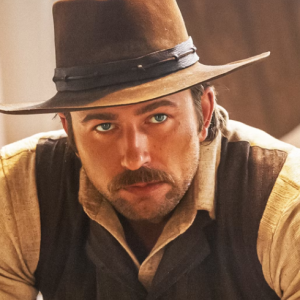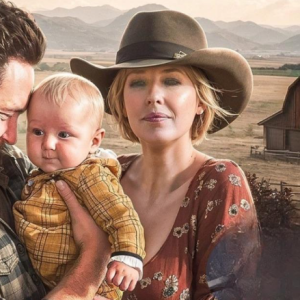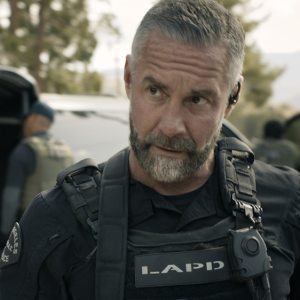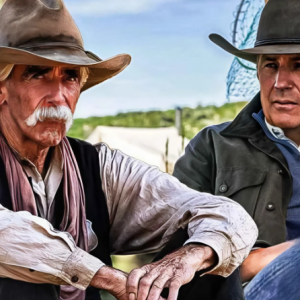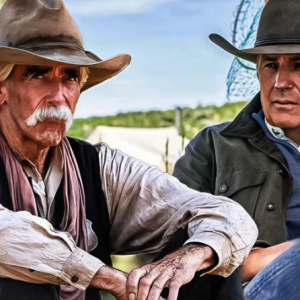In the sprawling landscape of contemporary television, few series have captured the American imagination quite like Yellowstone. Created by Taylor Sheridan, this compelling neo-Western saga has carved out a unique niche, drawing millions into the high-stakes world of the Dutton family. Set against the breathtaking backdrop of Montana, the series centers on John Dutton III, the patriarch of the largest contiguous ranch in the United States, as he navigates relentless threats to his land and legacy. Yellowstone masterfully blends the classic tropes of the Western genre—vast landscapes, horseback riding, shootouts, and a fierce sense of independence—with the intricate, often brutal, dynamics of a modern family drama.
The immense popularity of Yellowstone is undeniable, spawning multiple successful spin-off shows that delve into the Dutton family’s historical roots and further expand this sprawling cinematic universe. However, despite its widespread acclaim and cultural impact, the series has faced its share of critical scrutiny. Some observers point to elements like its sometimes uneven pacing and a tendency to lean into melodrama, occasionally bordering on soap opera. These perceived flaws, while minor to its fervent fanbase, have opened the door for discussions about other contemporary Westerns that might offer a different, perhaps more consistent, viewing experience.
Among the shows often cited in comparison, Longmire frequently emerges as a strong contender, with many critics suggesting it surpasses Yellowstone in certain aspects. Longmire, a neo-Western police procedural that ran for six seasons, follows Walt Longmire, the sheriff of a sparsely populated Wyoming county. Unlike Yellowstone’s expansive ensemble cast and generational conflicts, Longmire operates on a more focused narrative, with Walt solving mysteries primarily through his sharp common sense and deep knowledge of the land he is sworn to protect. He embodies a classic “shoot first, ask questions later” mentality, a character archetype reminiscent of the golden age of Westerns, as he strives to deliver true justice and shield the vulnerable from encroaching business interests, casino developments, and land speculators. While Yellowmire focuses on individual case-of-the-week structures within a larger serialized framework, Yellowstone delves deep into the existential struggle of a family fighting to preserve its way of life.

Despite their fundamental differences—Longmire as a police procedural and Yellowstone as an epic family drama—the two series share undeniable thematic and character commonalities. Both feature stoic, traditionalist male leads in Walt Longmire and John Dutton III, gruff in demeanor yet deeply committed to their respective domains. Both protagonists grapple with complex family histories that inevitably intersect with the demands of their challenging jobs. More broadly, both shows capture the essence of the American West, showcasing stunning natural beauty alongside the harsh realities of a changing world, populated by iconic imagery of soaring plains, majestic mountains, and the enduring spirit of a frontier threatened by modernity. Critics have also noted Longmire’s strong critical reception, with an impressive average Rotten Tomatoes score of 88% across its seasons, suggesting a higher level of critical consistency compared to Yellowstone’s still respectable 83% average.
Yet, to truly appreciate Yellowstone’s magnetic appeal is to look beyond simple critical scores and understand the profound emotional investment it elicits from its audience. At its core, Yellowstone is a sprawling Shakespearean tragedy cloaked in denim and Stetson hats. The Dutton ranch is more than just land; it is a symbol of power, tradition, and an inherited burden that weighs heavily on every family member. John Dutton, impeccably portrayed by Kevin Costner, is a man defined by his unyielding resolve and a code of ethics forged in the brutal realities of ranching life. His fight to protect his property is a visceral battle against corporate greed, federal encroachment, and the political machinations of the Broken Rock Indian Reservation, whose claims to the land predate even the Duttons.
The strength of Yellowstone lies in its intricate character development and the raw, often volatile, relationships within the Dutton clan. Beth Dutton, John’s only daughter, is a force of nature—brilliant, ruthless, and fiercely loyal, yet deeply scarred by personal trauma. Her brutal honesty and unwavering devotion to her father make her both a formidable ally and a terrifying adversary. Kayce Dutton, the youngest son, embodies the internal conflict of a man torn between his loyalty to the ranch and his desire for a peaceful life with his Native American wife and son. His struggles with identity and purpose often place him at the heart of the show’s moral dilemmas. Jamie Dutton, the adopted son and an attorney, represents the tragic struggle for acceptance and the corrosive nature of family secrets, his ambition and insecurities constantly clashing with his desperate need for his father’s approval. These complex individual journeys are woven into a tapestry of intergenerational conflict, where love, betrayal, resentment, and a shared, albeit often strained, love for the land bind them together.
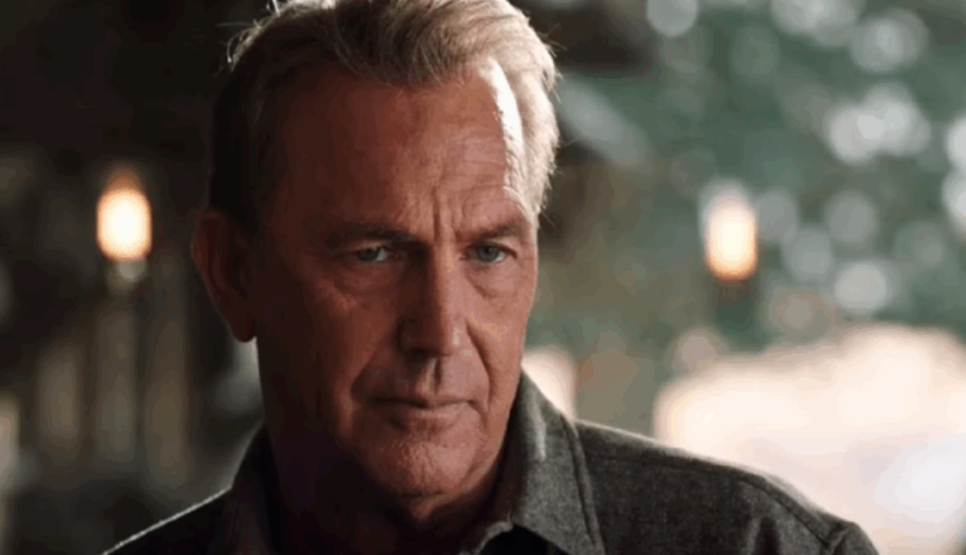
Beyond the family drama, Yellowstone skillfully explores broader societal themes pertinent to the modern West. It delves into the delicate and often violent balance between economic development and environmental preservation, the historical injustices faced by Native American communities, and the diminishing relevance of traditional ranching in an era of corporate agriculture. The series does not shy away from depicting the harsh realities of power, demonstrating how wealth and influence can corrupt, and how violence, though often regrettable, is sometimes seen as the only means to protect what is cherished. The stunning cinematography, which captures the epic scale of Montana’s wilderness, serves not merely as a backdrop but as a character in itself, emphasizing the vastness of the stakes and the timeless allure of the land the Duttons fight so desperately to keep.
While Longmire may offer a tighter, more procedurally focused narrative with consistent critical praise, Yellowstone’s enduring appeal lies in its audacious scope, its unapologetic embrace of its dramatic core, and its ability to tap into universal themes of family, legacy, and the fight for a vanishing way of life. It is a show that, despite its occasional narrative detours, consistently delivers high-stakes drama, captivating characters, and a visceral sense of place that resonates deeply with audiences, cementing its status as a defining phenomenon in the modern Western genre. The Duttons’ saga is far from over, and their complex, often morally ambiguous, journey continues to captivate, ensuring Yellowstone’s place as a cornerstone of contemporary television.

